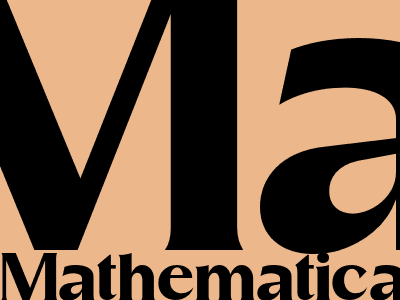
Mathematical Literacy Grade 12 Study Guide
Mathematical Literacy Grade 12 Study Guide
Master the Concepts and Ace the Exam
Introduction
Mathematical Literacy Grade 12 is a crucial subject that equips learners with the necessary skills to apply mathematics in real-world contexts. This study guide provides a comprehensive overview of the key concepts, essential formulas, and exam preparation strategies to help you excel in the subject.
Essential Concepts
The Mathematical Literacy Grade 12 curriculum covers a wide range of topics, including:
- Data Handling and Probability
- Finance and Growth Patterns
- Measurement and Geometry
- Functions and Relations
- Trigonometry
Data Handling and Probability
This section focuses on analyzing and interpreting data, calculating probabilities, and drawing conclusions from statistical information.
Finance and Growth Patterns
Learn about financial concepts such as interest, loans, investments, and budgeting. You will also study exponential and logarithmic functions to model growth and decay patterns.
Measurement and Geometry
This section covers geometric shapes, their properties, and the application of trigonometry to solve real-world problems.
Functions and Relations
Study different types of functions, their graphs, and the relationships between variables.
Trigonometry
Trigonometry involves the study of angles and triangles, and its applications in various fields.
Exam Preparation Strategies
To prepare effectively for the Mathematical Literacy Grade 12 exam, follow these strategies:
- Understand the Exam Format
- Practice Regularly
- Review Past Papers
- Seek Clarification When Needed
- Time Management
- Stay Calm and Focused
Understand the Exam Format
Familiarize yourself with the exam format, including the types of questions, time allocation, and marking scheme.
Practice Regularly
Consistent practice is key to success. Solve numerous problems and exercises to strengthen your understanding and identify areas for improvement.
Review Past Papers
Analyzing past exam papers provides valuable insights into the exam pattern, question types, and difficulty level. It also helps you identify frequently tested topics.
Seek Clarification When Needed
Don't hesitate to ask your teachers or peers for help if you encounter difficulties in understanding concepts or solving problems.
Time Management
Effective time management during the exam is crucial. Allocate time wisely for each section and question type to avoid running out of time.
Stay Calm and Focused
Approach the exam with a positive attitude and focus on demonstrating your understanding of the concepts. Avoid panic and stay calm throughout the exam.
Komentar